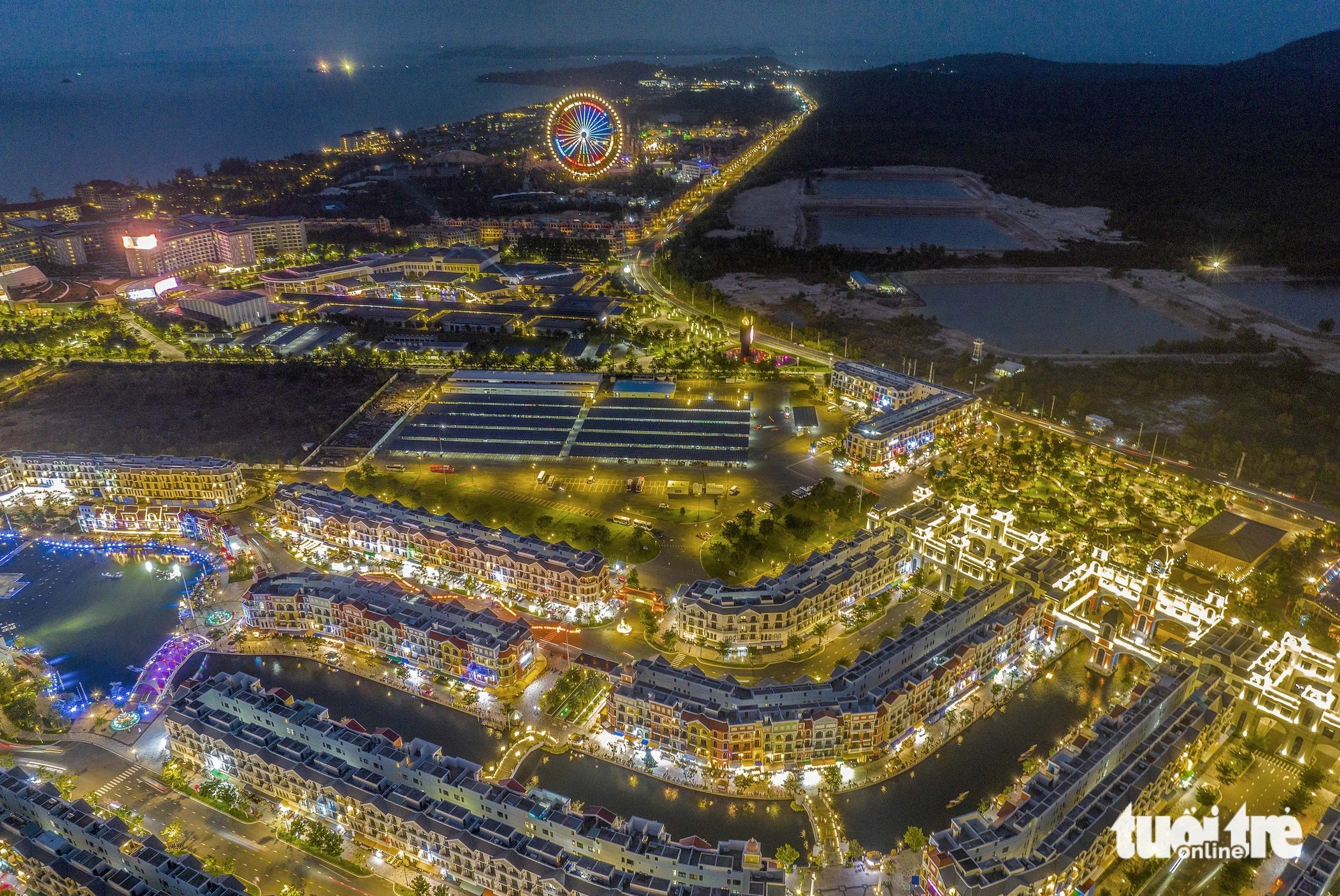
Infrastructure of the northern area of Phu Quoc Island ( Kien Giang ) - Photo: TU ANH
Mr. Huynh Quang Hung - Chairman of Phu Quoc City People's Committee - commented that 20 years ago, Phu Quoc was just a deserted island. Decision 178 has laid the foundation for the dramatic transformation and development of the pearl island.
But has Phu Quoc’s rapid development been commensurate with its potential and advantages? What breakthrough mechanisms are needed in the coming time for this pearl island to develop more rapidly and sustainably?
"The shirt is too tight"
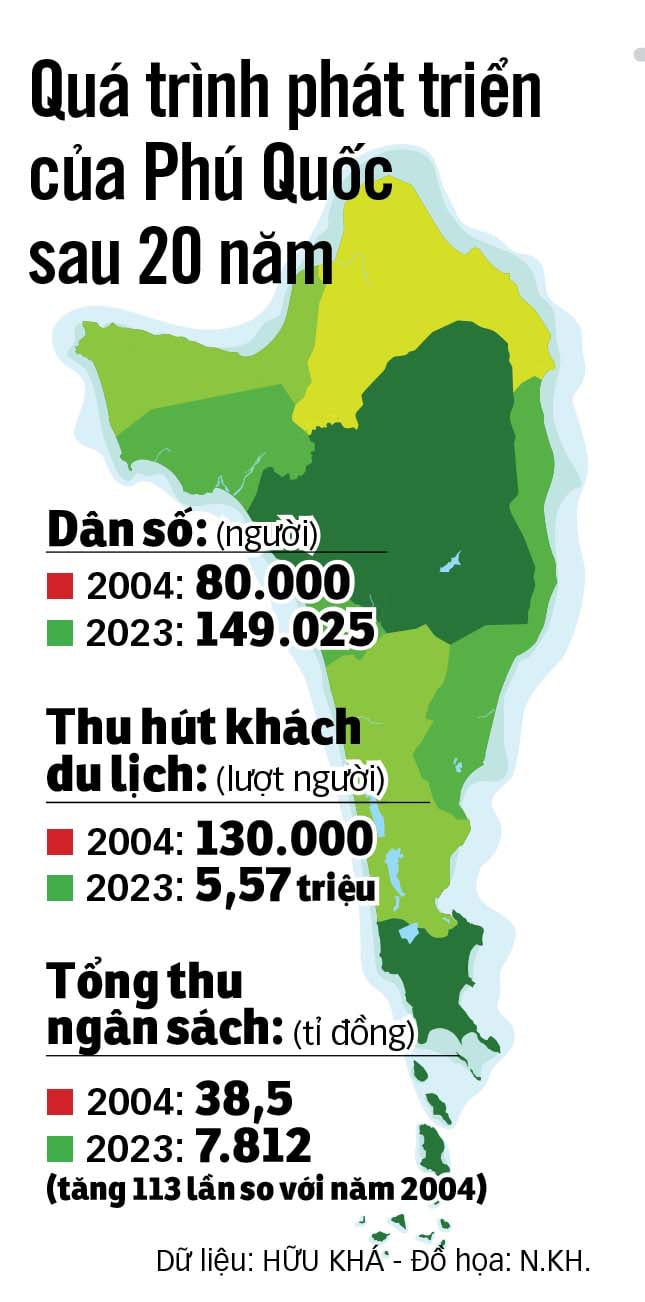
According to the report of Kien Giang Provincial People's Committee, Decision 178 set out four goals and to date all four goals have been achieved and exceeded.
In the past 5 years, Phu Quoc has not only been self-sufficient in budget but also regulated the provincial budget.
Phu Quoc budget revenue is equivalent to some neighboring provinces.
In 2023 alone, Phu Quoc will collect 7,812 billion VND, contributing 51.5% of Kien Giang province's budget.
In 2004, there were only 55 accommodation establishments, but now Phu Quoc has more than 470 accommodation establishments with more than 24,880 rooms, including 17 5-star hotels.
Many projects have been put into operation with products of regional and international scale such as GrandWorld entertainment complex, Sun World Hon Thom Nature Park entertainment area, Vinwonder, Safari semi-wild zoo, JW Marriott Phu Quoc, Emerald Bay, Phu Quoc Casino...
To achieve this, Phu Quoc has invested heavily in infrastructure.
Many routes such as the main north-south axis of the island and the road around the island are invested in large scale parallel to the airport and seaport system. From there, it opens up a space for a tourist center, a modern and attractive urban area.
Speaking at the conference, Mr. Do Thanh Binh - Secretary of Kien Giang Provincial Party Committee - said he has gained a lot of experience through the development of Phu Quoc over the past 20 years.
"The formula can be summarized as vision + policy + planning + infrastructure framework and breakthrough policy mechanism + strategic investor + people's consensus + decentralization and delegation of power" - Mr. Binh said.
Despite seeing rapid development, Mr. Binh acknowledged that Phu Quoc still has many limitations and difficulties.
Notably, the state management apparatus of Phu Quoc City at times could not keep up with development needs, lacking in quantity, weak in quality, and failing to meet development needs.
"Phu Quoc is like wearing a shirt that is too tight for its body. The management and operation of the government, the qualifications and capacity of a number of civil servants do not meet the requirements of the task," Mr. Binh said.
Mr. Binh also said that due to the complex historical factors of land origin, there was a time when state management of land on the pearl island could not keep up with development and did not meet management requirements.
Technical and social infrastructure are not yet synchronized to ensure sustainable development, especially water supply, wastewater and waste treatment infrastructure... The quality of human resources does not meet requirements, especially high-quality human resources to reach international standards.
"Mechanisms and policies are adjusted and amended from time to time, but there is a lack of specific policies to create breakthroughs and competitive advantages in the region and the world ," said Mr. Binh.

South of Phu Quoc Island (Kien Giang) - Photo: TU ANH
A series of specific recommendations
To remove bottlenecks, Mr. Binh proposed to the Prime Minister to agree on the policy of assigning the Ministry of Planning and Investment to coordinate with the province to update and supplement the review report, propose specific mechanisms and policies on the development of Phu Quoc City.
In addition, decentralize to Kien Giang province to approve local adjustments to the general planning for construction of functional areas and local adjustments to the general urban planning of Phu Quoc city.
Recommend the Prime Minister to direct central ministries and branches to decentralize or authorize provincial specialized agencies to appraise, inspect, approve, and accept group A and group B projects, grade I and special level works using public investment capital and other capital sources in Phu Quoc area.
"Regarding land management, the province recommends that the Government consider when issuing a decree regulating land recovery, compensation, site clearance and resettlement, it is necessary to stipulate what constitutes an urban area with mixed functions to unify the application when recovering land.
When detailing Article 126 of the 2024 Land Law, allowing the transition for projects that have been approved in principle for investment in accordance with the law on investment in economic zones before the effective date of the 2024 Land Law, land will be allocated and leased to investors according to regulations" - Mr. Binh said.
In addition, it is especially proposed to prioritize state budget capital for Phu Quoc to invest in developing infrastructure for water supply, waste treatment, traffic infrastructure... with an amount of 42,000 billion VND.
Among them, there are two projects that are very urgent for the development of the pearl island: the Phu Quoc coastal road and the belt road along the special-use and protective forests.
Allow Phu Quoc City to use increased revenue or other legal revenue sources to sign labor contracts to resolve some of the arising work that is increasingly overloading the current government apparatus.
Approve the construction of a pilot project to organize an urban government model for Phu Quoc City suitable to the specific geographical and island characteristics of Phu Quoc.
Soon issue a decree regulating duty-free zones to serve as a basis for managing activities and policies applicable to Phu Quoc duty-free zone.
"Because the casino project on Phu Quoc Island has now expired, there is no guidance on whether it can continue or must be temporarily suspended for Vietnamese people to play.
Kien Giang proposed that the Prime Minister report to the Politburo for official implementation after the pilot period of allowing Vietnamese people to play casino in Phu Quoc" - Mr. Binh proposed.
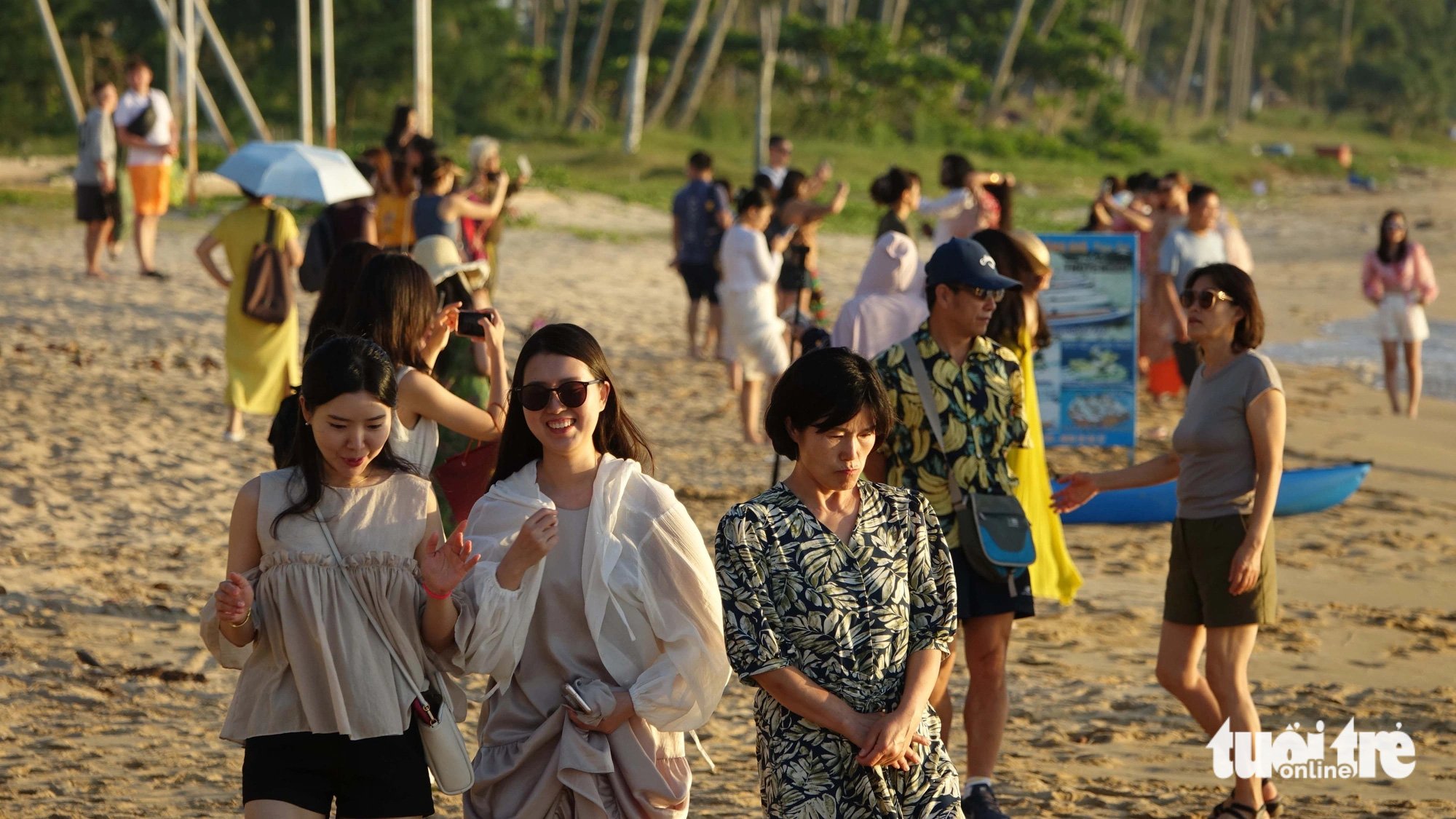
Domestic and foreign tourists flock to Phu Quoc - Photo: CHI CONG
Need to decentralize and delegate authority to Phu Quoc
Speaking at the conference, Prime Minister Pham Minh Chinh stated that after nearly 20 years (2004-2023) of implementing Decision 178, Phu Quoc has developed strongly and rapidly, becoming a leading tourist destination for domestic and foreign visitors.
According to the Prime Minister, Phu Quoc now has more: Phu Quoc's potential has been strengthened, its strategic infrastructure has developed more synchronously; the role, prestige and position of Phu Quoc are also higher than other places.
The Prime Minister said that there are more favorable opportunities for Phu Quoc. However, Phu Quoc still faces many difficulties and challenges and has not yet developed to its full potential. Phu Quoc is developing rapidly, with many unsustainable factors.
Phu Quoc has great potential but its policy mechanism is limited, and its environment and human resources still face many challenges.
"Phu Quoc needs to be properly assessed and identified with its distinct potential, competitive opportunities, and opportunities for development. We will develop Phu Quoc according to a multi-center model, green development, clean and beautiful, smart city. Strongly develop the marine economy, continue to be proactive, create changes, and sustainably develop Phu Quoc tourism," said the Prime Minister.
Prime Minister Pham Minh Chinh emphasized the need to step up the improvement of institutions, mechanisms and policies for Phu Quoc development, and develop synchronous Phu Quoc infrastructure including: transport, social, healthcare, education, information technology, climate change response, and environmental protection.
Promote decentralization for Phu Quoc, strengthen the inspection and control mechanism against corruption. Promote the exploitation of historical, cultural, identity and heroic traditions associated with the development of tourism services.
Dr. Nguyen Si Dung (former Deputy Head of the National Assembly Office):
Turn Phu Quoc into a special administrative economic unit
Phu Quoc's area is only slightly smaller than Singapore's. Singapore has full national sovereignty, while Phu Quoc only has district-level authority.
For Phu Quoc to be dynamic and for Phu Quoc officials to dare to make decisions, Phu Quoc must be decentralized. I propose to decentralize Phu Quoc according to the complementary model.
Anything that Phu Quoc can do is assigned to Phu Quoc, only what cannot be done is transferred to higher levels.
At that time, we can call it a special economic administrative unit. The Ministry of Justice and the Ministry of Interior should study the formation of Phu Quoc as a special economic administrative unit. Without this, fearing responsibility, I think Phu Quoc will be at a standstill.
Dr. Pham Trung Luong (former deputy director of the Institute of Tourism Research - General Department of Tourism):
How many guests is enough?
For Phu Quoc to develop to its full potential, we need to have a breakthrough policy. In particular, the human resource policy has not been fully implemented, and there is currently a lack of tourism human resources.
Up to now, Phu Quoc is still struggling to handle garbage, and burying it carelessly is a matter worth pondering. In addition, managing the capacity of tourists to Phu Quoc, how much is enough, without affecting other values. Phu Quoc can only accept a maximum of 12.5 million visitors/year.
Which direction are Bali and Phuket going?
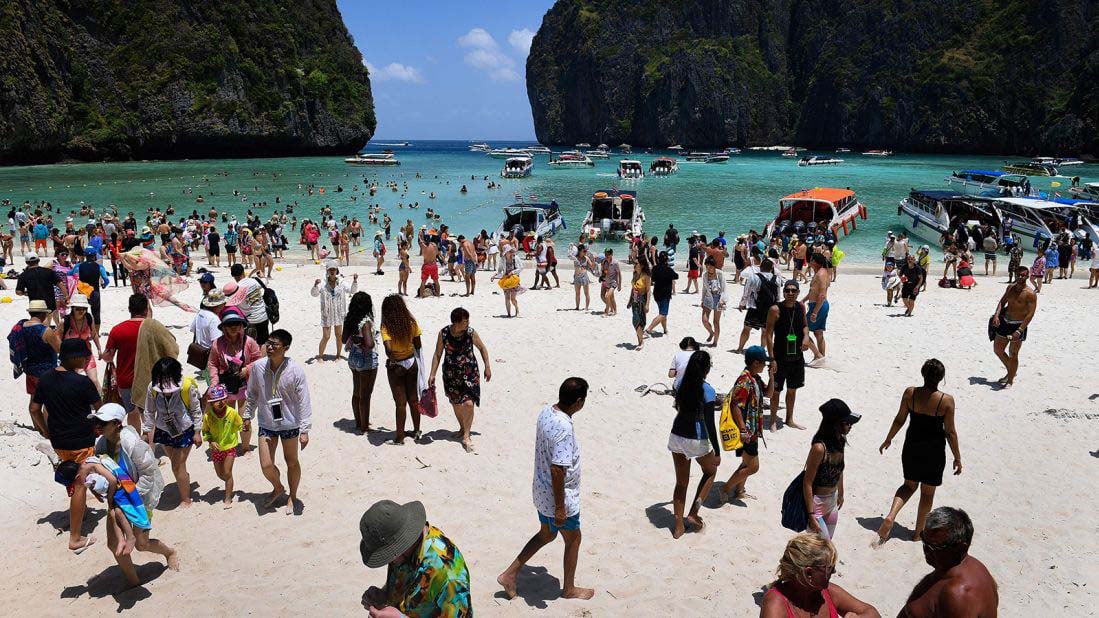
The pearl island of Phuket is a favorite destination for many foreign tourists, especially those from Europe - Photo: CNN
With similar locations and advantages as Phu Quoc, over the past decades, the two "tourist paradises" Phuket (Thailand) and Bali (Indonesia) have witnessed brilliant development, attracting a huge number of visitors.
However, after that spectacular turnaround, both Phuket and Bali are gradually adjusting their development goals. So what is the lesson for Phu Quoc?
What is there besides blue sea and golden sand?
With more than 30 beaches spread across the island, Phuket has 225 sunny days a year, helping the island easily retain millions of tourists.
However, in recent years, tourists come to Phuket not only to swim and enjoy the sun, but also to learn about the history and culture of this place.
The culture, architecture and art are a blend of local culture and the culture of Chinese immigrants, making Phuket more sparkling and attractive in the eyes of foreign tourists.
Located not far from Phuket, Bali province, which includes Bali island and several neighboring islands, is also one of the "tourist paradises". "In the past, people came to Bali to swim and to the town of Ubud - Bali's main art and culture center - to sightsee and enjoy art.
However, nowadays people are increasingly interested in health and spiritual care services, trying some unique and typical foods in Bali" - Mr. Koman Suteja, owner of Locavore restaurant in Bali, analyzed.
Reduce dependence on tourism and preserve culture
The strategy to elevate Phuket to a global city is part of the Phuket Provincial Development Plan 2023-2027, focusing on diversifying the local economy instead of just focusing on tourism development as before.
Before the COVID-19 pandemic, Phuket welcomed 14.5 million foreign tourists, generating $11.5 billion in revenue, second only to Bangkok. However, the COVID-19 pandemic has dealt a heavy blow to Phuket, as 97% of the island's revenue depends on tourism.
Although Phuket's tourism industry is expected to recover quickly and is expected to be 100% back by 2024, lessons learned from the pandemic have led to a change in Phuket's tourism development strategy.
Contrary to the hopes of Phuket residents to reduce their dependence on tourism, Bali authorities aim to develop sustainable tourism and preserve local culture.
Renowned as one of the most culturally unique places in the world, it is no surprise that culture is always the top reason that attracts tourists to this island.
However, some local leaders believe that tourism is becoming a threat to Bali's traditional culture, according to the Bali Sun website.
Bali officials say the increase in the number of foreign tourists could negatively affect the island's nature and ancient architecture.
Speaking at a conference on challenges and solutions in Bali tourism development in 2024, Bali Acting Governor Sang Made Mahendra Jaya called on the island's government and people to agree on a new approach to promote sustainable cultural tourism in Bali.
Research on Jeju Island's methods
The summary report on the implementation of Decision 178 of the People's Committee of Kien Giang province has presented a case study of Jeju Island in Korea, an island that has many similarities with Phu Quoc.
Jeju Island's population in 2020 was 604,670, with a GRDP of more than 12 billion USD. The new policy - Jeju Free International City (JFIC) - was proposed by South Korea in 1988.
In 2006, the Special Act on the Establishment of Jeju Special Self-Governing Province and the Development of a Free International City was enacted to ensure the local government is empowered substantially and the implementation of the JFIC plan is more effective.
Make Jeju the first and only autonomous province of Korea to date, with the goal of turning Jeju into a "free international city" to compete with Hong Kong (China) and Singapore.
Under this special law, the Jeju provincial government is given a high degree of autonomy in almost all areas except foreign affairs, defense and justice.
Source


![[Photo] Conference of the Government Party Committee Standing Committee and the National Assembly Party Committee Standing Committee on the 10th Session, 15th National Assembly](https://vphoto.vietnam.vn/thumb/1200x675/vietnam/resource/IMAGE/2025/10/15/1760543205375_dsc-7128-jpg.webp)
![[Photo] General Secretary To Lam attends the 18th Hanoi Party Congress, term 2025-2030](https://vphoto.vietnam.vn/thumb/1200x675/vietnam/resource/IMAGE/2025/10/16/1760581023342_cover-0367-jpg.webp)




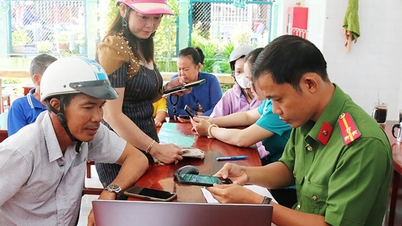

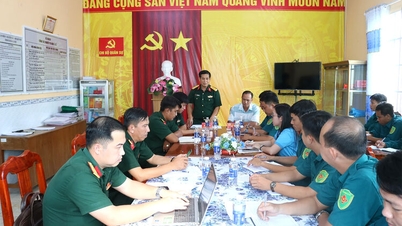
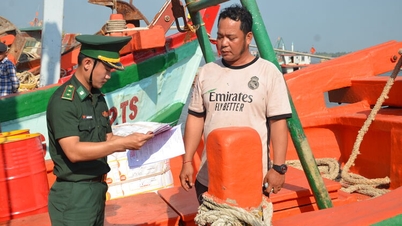
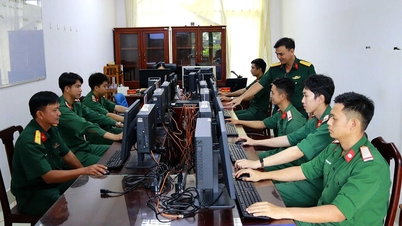
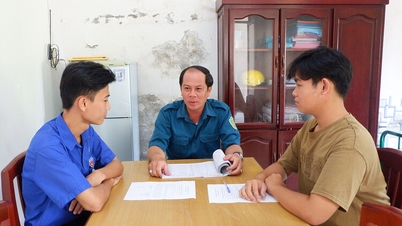

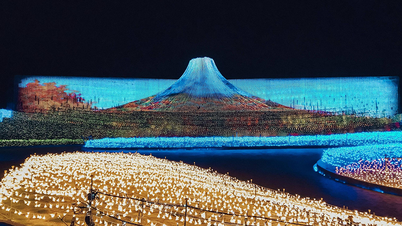

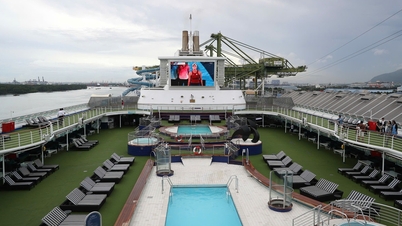

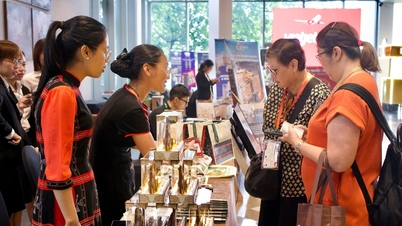
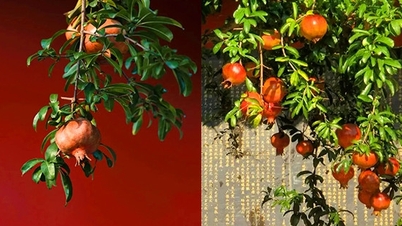

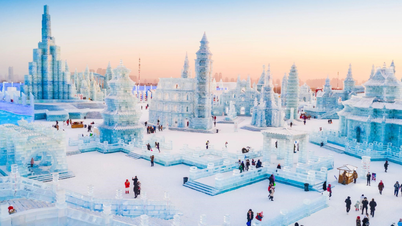
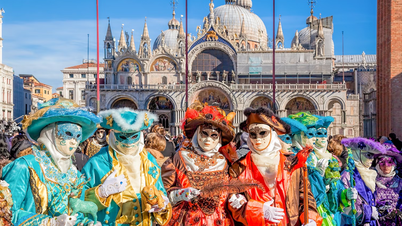







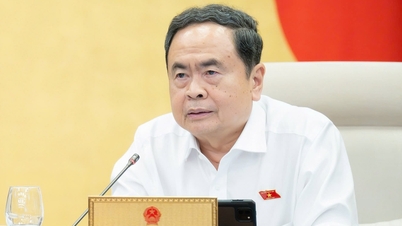

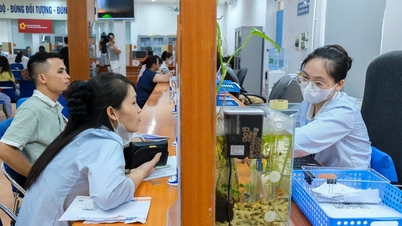





![[Video] TripAdvisor honors many famous attractions of Ninh Binh](https://vphoto.vietnam.vn/thumb/402x226/vietnam/resource/IMAGE/2025/10/16/1760574721908_vinh-danh-ninh-binh-7368-jpg.webp)



























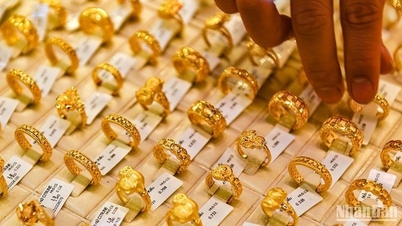
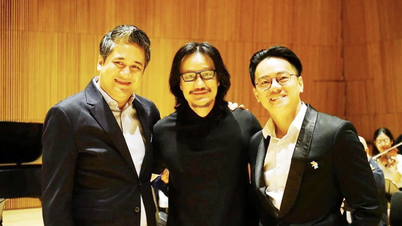
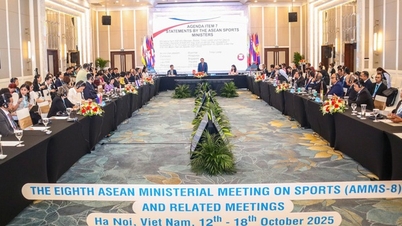

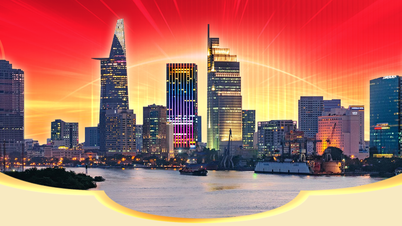

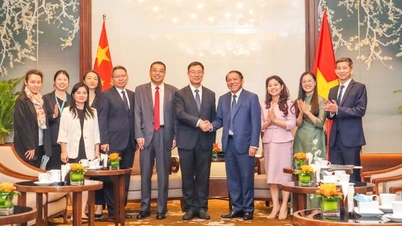
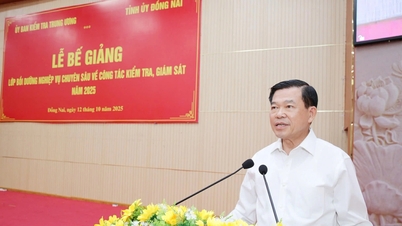

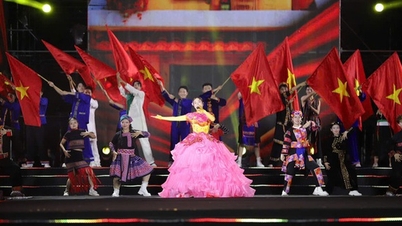
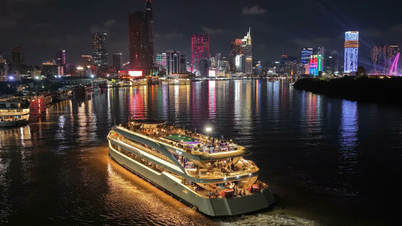
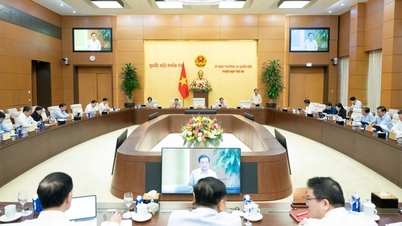
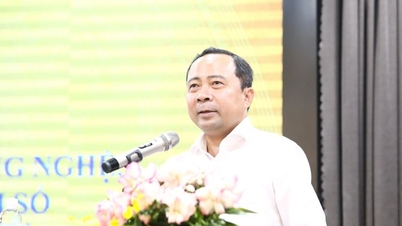

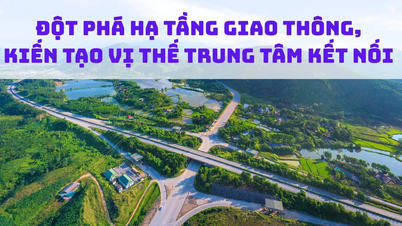

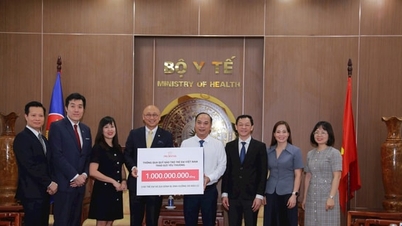

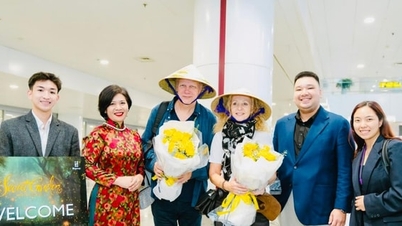
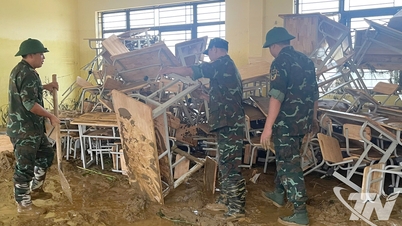

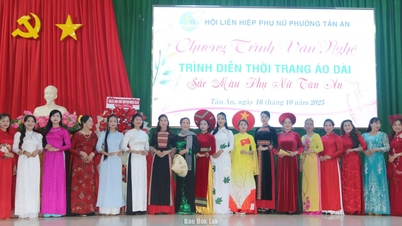














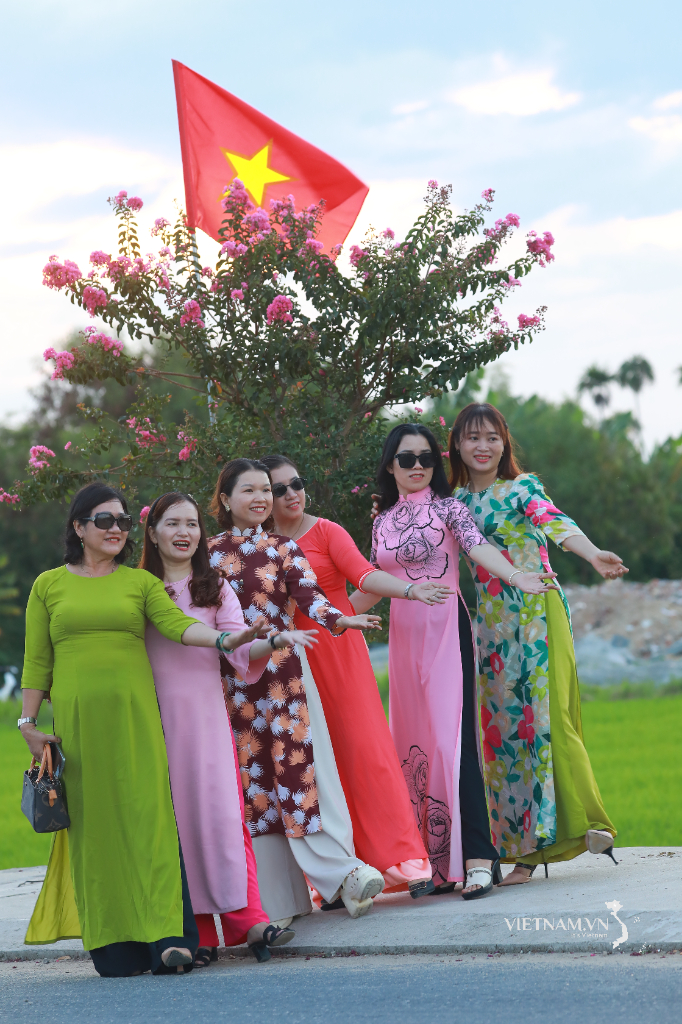
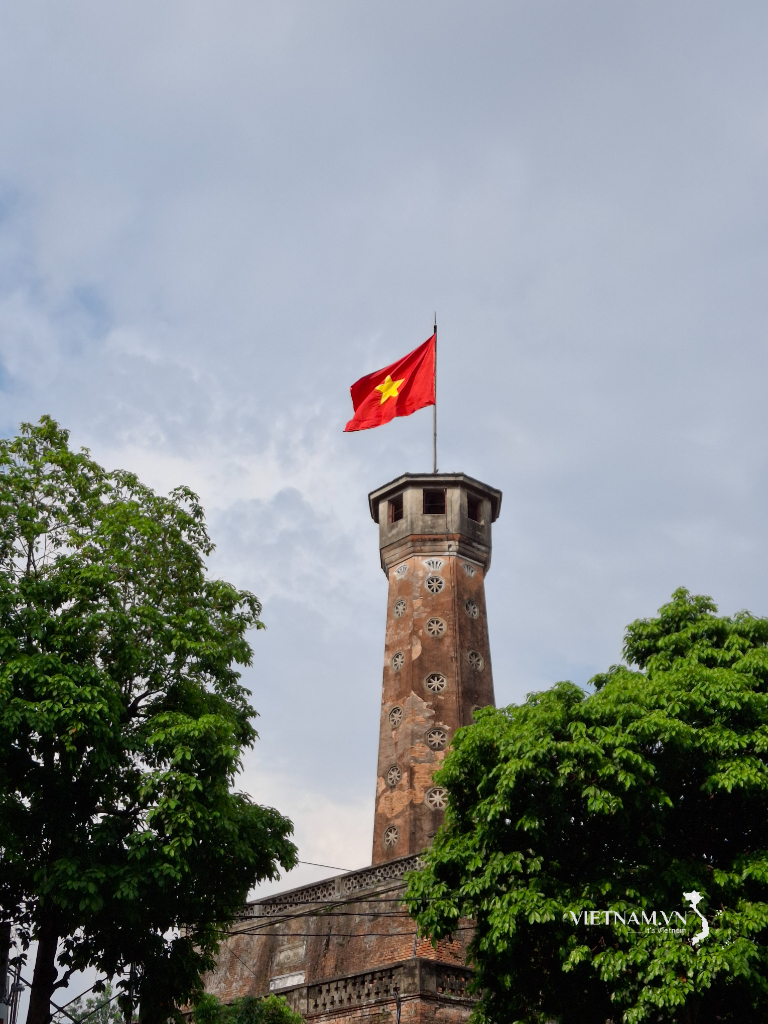
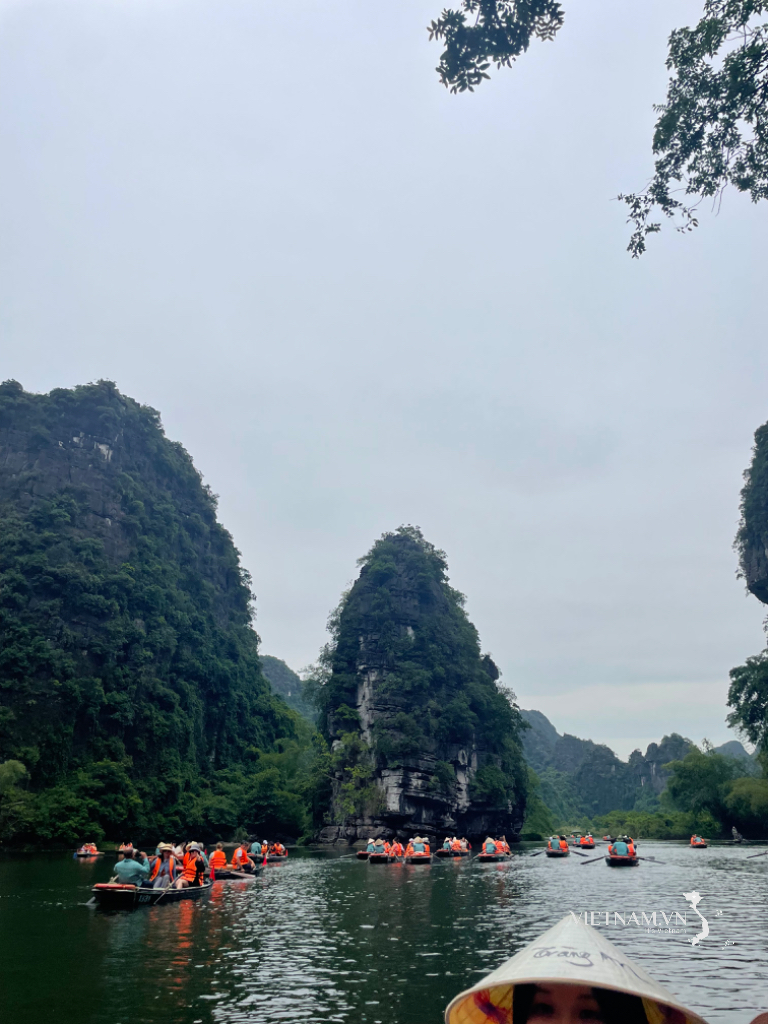

Comment (0)